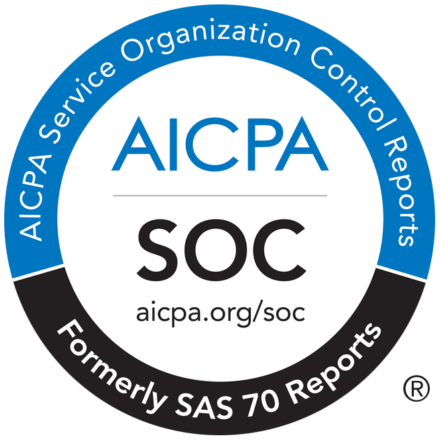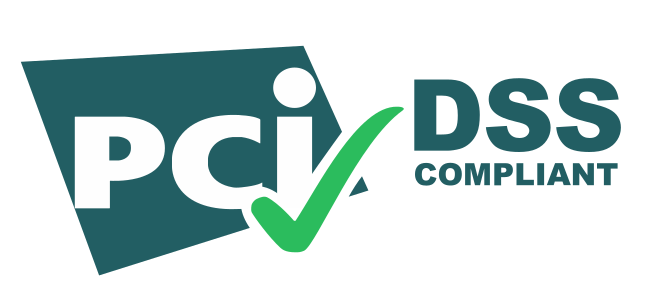Many people ask if plagiarism is illegal. It’s a common question that pops up in college writing courses, corporate boardrooms, and on social media. It’s not a simple question to answer because whether plagiarism is illegal or not depends on a number of factors.
Merriam-Webster says that to plagiarize means to:
- “steal and pass off (the ideas or words of another) as one’s own”
- “use (another’s production) without crediting the source”
- “to commit literary theft”
- “present as new and original an idea or product derived from an existing source”
And as you can see, several of the phrases that they include in their definition imply the commission of a crime. Stealing and theft are criminal, and to be clear, in some cases, plagiarism is a crime as well.
Law vs. Ethics
Whether or not an act of plagiarism rises to the level of a crime, plagiarism is ALWAYS unethical. It is fraudulent to pretend that you created an idea, or a set of wording, when you did not. It is fraudulent to claim that someone else’s work is your own. It’s even a form of fraud to claim that a school paper that you created for one class is an original piece of writing for another class.
As we will discuss in a moment, sometimes these fraudulent acts rise to the level of actual and punishable crime. Other times they are policy violations that schools, industries, or organizations may punish harshly.
Remember that there is a difference between criminal and civil law in the United States and that many cases of plagiarism may be violations of one or both. Whether someone who plagiarizes will face criminal charges if they are caught plagiarizing has much to do with US copyright law, and whether the plagiarized content is protected from copyright infringement.
Is Plagiarism Illegal in the US?
The most simple and direct answer to this question is that yes, plagiarism is illegal in the US. That does not (necessarily) mean that you will go to jail for plagiarism.
As The Citadel explains:
“Any time you borrow from an original source and do not give proper credit, you have committed plagiarism and violated U.S. copyright laws.
Copyright laws exist to protect our intellectual property. They make it illegal to reproduce someone else’s expression of Ideas or information without permission. This can include music, images, written words, video, and a variety of other media.
Anyone who reproduces copyrighted material improperly can be prosecuted in a court of law. It does not matter if the form or content of the original has been altered — as long as any material can be shown to be substantially similar to the original, it may be considered a violation of the Copyright Act.”
When it comes to punishment, the relative amount of copyrighted material a person uses will impact their potential exposure to punishment. If you steal a sentence or two, for example, the punishment may be less severe than if you steal an entire book.
The Citadel provides information about the type of punishment a person may face. They explain that many cases of plagiarism are misdemeanors, and may incur a fine of up to $50,000 and up to one year in jail.
But, The Citadel further says, “Plagiarism can also be considered a felony under certain state and federal laws. For example, if a plagiarist copies and earns more than $2,500 from copyrighted material, he or she may face up to $250,000 in fines and up to ten years in jail.”
Breach of Contract
An act of plagiarism can also be a criminal action if the person accused of plagiarism has a contract requiring only original work. Cornell University says that “A breach of contract occurs whenever a party who entered a contract fails to perform their promised obligations.”
If a company hires you to create an original report, and you reuse a report you created for another client, that’s plagiarism–and a breach of contract. Depending on the terms of your contract, you may be fired, or you may face additional punishment for plagiarism.
Academic Plagiarism
Plagiarism in an academic setting is often a bit different. Generally, a university or college will have strict and explicit policies against plagiarism. These will detail any trouble that a student may see if they are caught plagiarizing in a class assignment. Those punishments may include any degree of:
- Failing an assignment
- Failing a course
- Removal from a major
- Expulsion from the school altogether
In some cases, no matter the form of plagiarism, these punishments escalate for multiple policy violations, but a single very egregious act of plagiarism may result in immediate expulsion.
For graduate students or others charged with creating public-facing knowledge, the punishments for plagiarism may be much more substantial, and can even include the rescinding of an already-awarded degree, or the legal issues referenced above.
How Do I Avoid Plagiarism?
The best way to avoid punishment for plagiarism is to avoid committing plagiarism in the first place. Probably the easiest way to do this is to give credit where credit is due.
If an idea came from someone else, all you have to do is properly cite that source. The method for citation will depend on what you are writing and for whom. In some cases, it will require you to follow the guidelines of a specific style guide (MLA, APA, Chicago, for example). In other cases, like in a blog, generally linking a reader to the source material is the appropriate citation method (like we did above).
We also strongly recommend the use of a Plagiarism Checker, like ours at Copyleaks. With just a few clicks, this software can analyze your writing for originality, and provide you with a report that flags any points of similarity between your work and the work of others.
In all cases plagiarism is unethical, and in some cases plagiarism is illegal.

